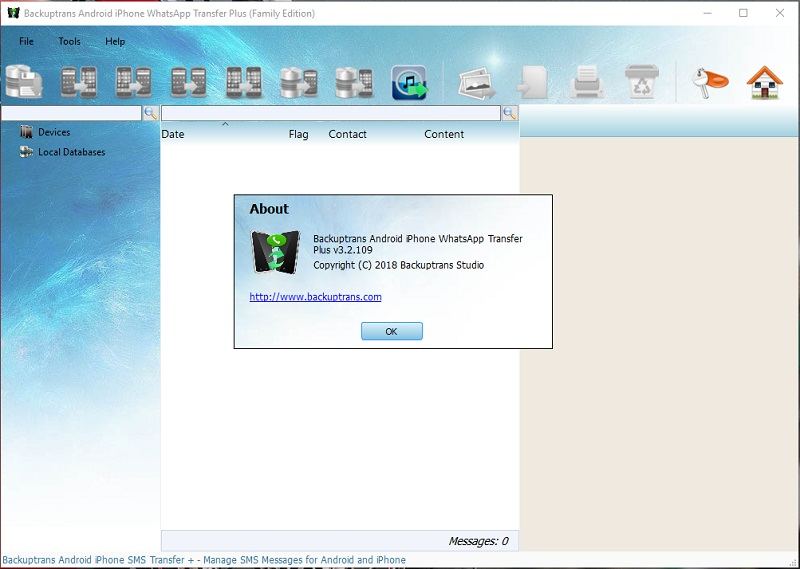

I determined this by running conda create -n foo -dry-run -c anaconda python=3.6.5 anaconda and then examining the version of the anaconda package that Conda ended up with in the solve. Use your new isolated env: conda activate my_env Once that is working.Ĭreate your Anaconda env: conda create -name my_env -c anaconda python=3.6.5 anaconda=5.2.0 Stepsĭownload and install Miniconda or a Miniforge variant.

In the long run this will give you better stability. Fortunately, you don't have to install a full Anaconda distribution, but rather can use a lightweight Miniconda (or Miniforge) distribution and create a secondary environment for the purpose of having an Anaconda Python 3.6.5 distribution.

As an alternative, there are official Docker images for each currently supported Python release (as well as the last 2.x release). Ultimately, you don't want to mess with your base environment, so best practice is to have the latest version there. However, as noted in the comments, you are still limited to apt-get installing a version of Python in the container based on the Ubuntu release of the container. What is installed in the base environment is relatively fixed once installed. Miniconda + Anaconda environment Reasoning However, I strongly recommend the following alternate solution as better practice.

If you do install from this, then make sure to update Conda immediately after installation: conda update conda 1 You can download this from the Anaconda distribution archive. Supports various image formats (JPG, PNG, WMF, etc.The Anaconda distribution with Python 3.6.5 was version 5.2.0.Portable with the option for installation.This little utility works extremely fast and can be set to search specific areas. provides you with image previews so you can check them by eye for an added evaluation of what it has located during the scan.į will be useful for those with many image files taking up disk space and are confronted with the time-consuming task of finding and deleting them. It also finds images that are rotated and mirrored. is designed to locate duplicate images and any that are rotated or mirrored and more.īut it should not be considered a simple duplicate image finder because it generates graphics signatures and then compares them down to the pixel level.


 0 kommentar(er)
0 kommentar(er)
